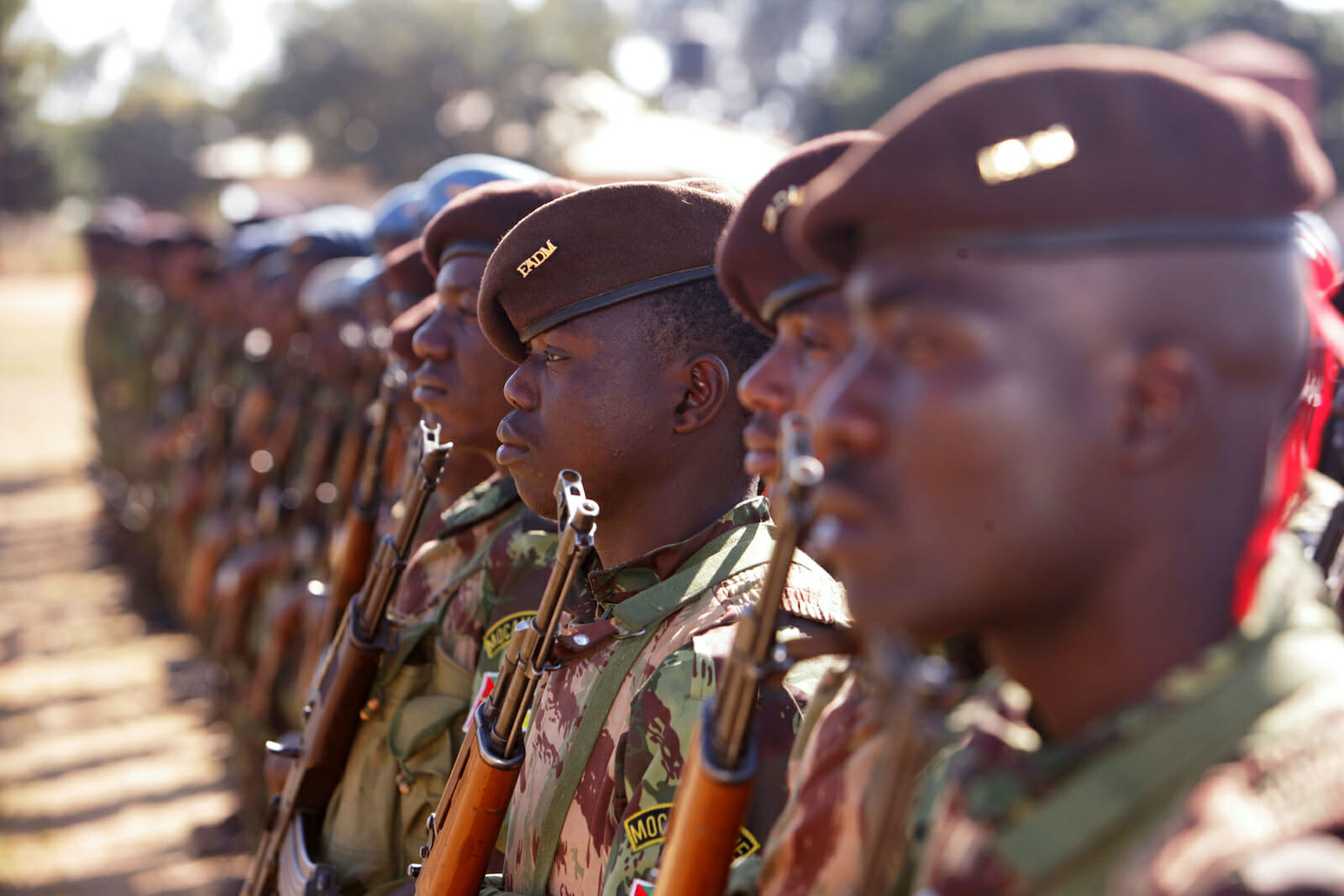
An Overlooked Conflict: Insurgency in Mozambique
The insurgency taking place in the Cabo Delgado province in Mozambique will potentially take a new twist. While this conflict does not receive major coverage by Western media, it is nevertheless important due to the growing levels of violence in the African nation and the regional implications.
Over the last two weeks, speculation has increased that at least two of Mozambique’s neighbors could intervene to combat an insurgency that has been active since November 2017 in the energy-rich northeastern province of Cabo Delgado. One in which local authorities have been unable to deal with. The two countries in question are Zimbabwe and Tanzania. Both nations have their reasons for intervening. However, reporting over the plans is murky in and of itself.
For more than a week the stories focusing on Zimbabwe have surrounded outright intervention, to having these reports denied by President Emmerson Mnangagwa. The most recent update states that Zimbabwean forces have already deployed to the border. This story came to life after a meeting on April 30th between the leaders of the two nations, during which they discussed the insurgency at length.
The economic ties between Zimbabwe and Mozambique provide an interesting insight into why Harare, the capital of Zimbabwe, may undertake such a drastic move. Most of the foreign trade entering Zimbabwe transits Mozambique via rail from the port of Beira. In other words, as a landlocked nation, it is important for Zimbabwe to have a stable Mozambique in order to secure its own economic well-being.
However, history reveals that this violent strategy could backfire on Zimbabwe. During the Congo Wars of the late 1990s, the Zimbabwean military was one of the regional actors that intervened to support the Kabila regime in the DRC against insurgents trying to oust him from power. The war was bloody and costly, as the country lost “military equipment worth about $200 million,” said Zimbabwe’s Financial Gazette in 1999. Another report from that period explains that “deals for the procurement of spare parts worth $600 million for Zimbabwe National Army armored vehicles sparked controversy,” due to corruption allegations. The massive expenditures incurred and the loss of equipment were factors in the economic crisis plaguing Zimbabwe after 2002.
Tanzania, which borders the restive Cabo Delgado region, is another neighbor reportedly interested in an intervention. Within the last week, reports have emerged stating that the Tanzanian military had deployed to the border with Mozambique back in March. It is clear that there are concerns that the violence could spill over the border.
These media reports are not the only items that have raised concerns. In November 2019, the Critical Threats Project, created by the American Enterprise Institute in Washington DC, issued concerns that the Cabo Delgado violence could spill over into Tanzania. Within six months Tanzanian troops moved to secure the border with Mozambique. The authorities in Tanzania realize that what is taking place is indeed a threat to their country and that preemptive action needed to be taken.
The government of Mozambique has not been able to arrest this insurgency. The actions by two of its neighbors suggest that although it may not be the exact time for regional intervention, the clock is ticking down to the point where it likely will take place.
Recent developments highlight how the situation in Cabo Delgado is deteriorating. In late April, the country’s interior ministry reported that it had killed as many as 129 insurgents in the region; the month-long operations against insurgents “were retaliation for an attack in Xitaxi in Muidumbe district earlier in April, where insurgents killed 52 villagers.” Insurgents have also released footage of a destroyed Gazelle helicopter, which confirms other reports that the helicopter had gone down and crashed in early April. There have been contradictory reports stating that either the platform suffered a mechanical failure while transporting police officers, or it was shot down.
Apart from the tragic loss of life, the situation is also problematic for President Filipe Nyusi, himself a former defense minister, because Cabo Delgado is “home to multi-billion-dollar gas projects led by oil major [companies] such as Total.” In other words, it would hurt the government’s coffers if industries in the restive region stopped their operations due to escalating violence.
Since coming to power in 2014 (he was re-elected in 2019), President Nyusi has repeatedly promised that peace will come back to Cabo Delgado. Speaking to graduates of a basic police training course back in 2019, the head of state stated: “Your mission is to ensure the peace of our people, and to deter all kinds of crime, including those of wrongdoers in the northern districts of Cabo Delgado who cowardly seek to undermine the construction of a brighter future for Mozambican children.” The April massacre of over 50 villagers demonstrates that this goal remains a dream.
The head of state has already managed to achieve a peace pact with the guerrilla movement, Renamo, back in 2019. But, violence in the northern part of the country continues. Moreover, the conflict is becoming a new hotspot of violence and, potentially, foreign military intervention.
The views expressed in this article are those of the authors alone and do not necessarily reflect those of any institutions with which the authors are associated.

